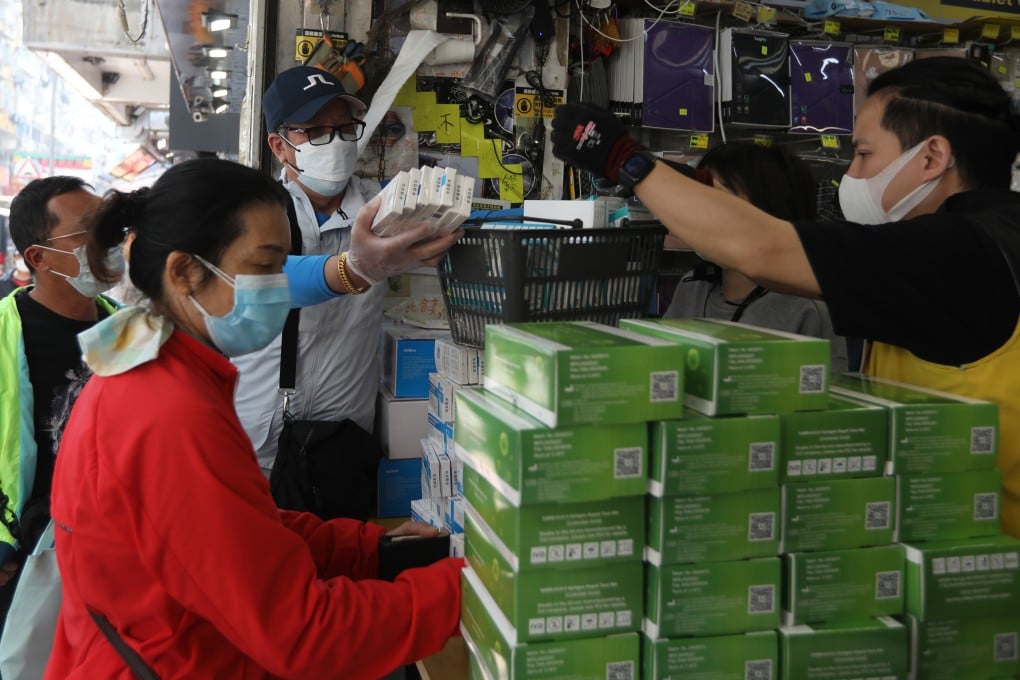Letters | Clarity needed on how to safely dispose of used rapid antigen test kits
- Readers discuss the potential health and environmental risks of used self-test kits for Covid-19, seniors struggling with contradictory information, and the UN agreement on curbing plastic pollution

According to Miriam Diamond, a professor of earth sciences at the University of Toronto, used RAT kits are considered biohazardous waste and should be disposed of at authorised disposal sites because they contain biological materials collected from the nose. Also, certain chemicals included in these test kits could be hazardous.
Used RAT kits may contain the Covid-19 virus. If they are disposed of as municipal solid waste, it could expose the virus to the environment and the people handling the waste.
Shouldn’t used kits be considered clinical waste? According to the Waste Disposal Ordinance, clinical waste means “waste consisting of any substance, matter or thing belonging to any of the groups specified in Schedule 8” that is generated in connection with, among other things, medical practice.